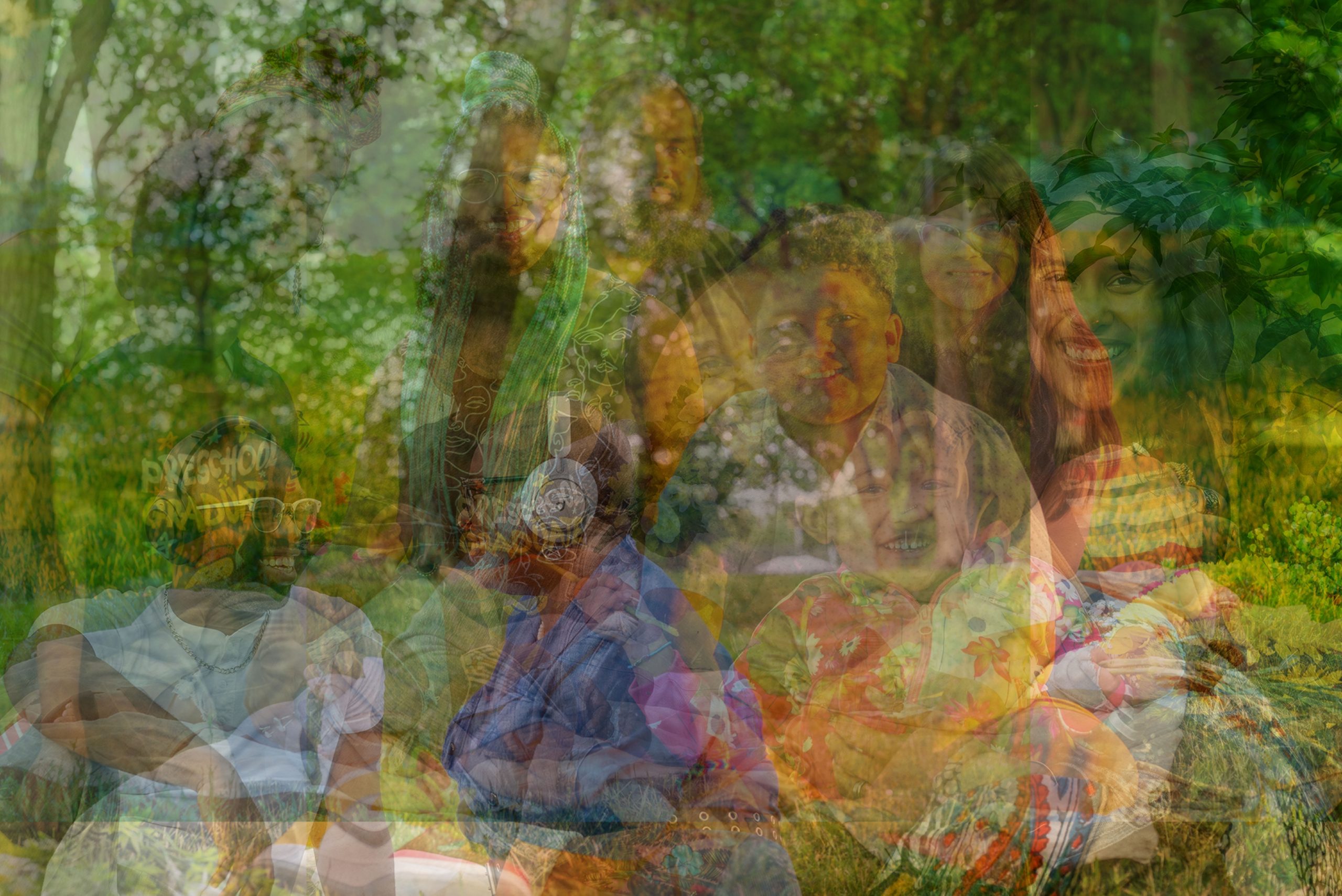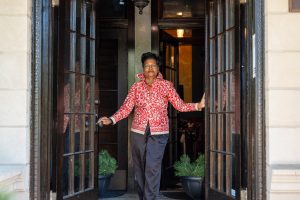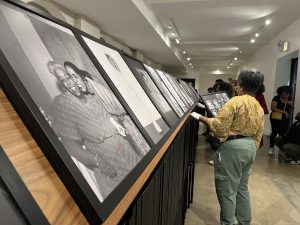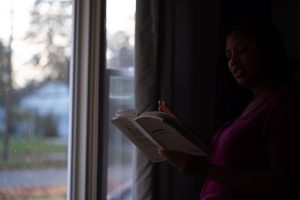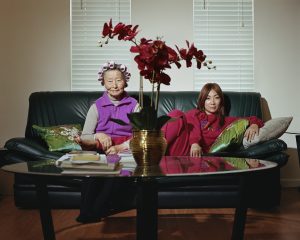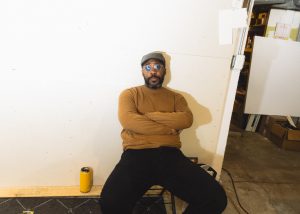The process of coming out is not always easy or safe for LGBTQI+ individuals, especially our Black Trans siblings. In 2023, we are still fighting to eradicate homophobic and transphobic laws to protect our rights as queer individuals and families. However, when I witness the presence of my queer elders who have been out in spite of dehumanizing laws, I am reminded that we have always been here, and we shall remain. Our presence and defiance make me proud to be a Black, Queer, and Nonbinary person.
I was not always proud or out. As a kid in the 90s, people were openly bashing and assaulting people who were out or who they believed were gay. The closest I got to being openly queer or gay, was being a tomboy. In college, I avoided the topic or any conversation around gender or sexuality altogether. When I was in graduate school, I thought more about gender and sexuality by intellectualizing queerness through a lens of policy and Diversity Equity and Inclusion (DEI).
Throughout my childhood, lesbian romance and relationships were often portrayed as a terrible or weird thing. In high school, my best friend’s family was the first openly queer family or relationship that I had seen. Before them, I did not know Black women could romantically love each other, let alone make a life together. During the summer, her mom would play music so loud it would make the floorboards tremble. Then they would dance hand-in-hand or hip-in-hip with deep stares, belly laughs, and adoration.
I came out in my late-20s after my time spent living and teaching English in Brazil to my friend Lara. At the university I was placed we openly had conversations around the rights of Black, Indigenous, LGBTQI+, and disabled people in Brazil; we often incorporated it into lesson plans. However, it did not stop other teachers’ micro-aggressions or racial slurs. While from my perspective gender and sexuality appeared very fluid and accepted in Brazil, it was still dangerous to be outwardly queer beyond Carnaval or Pride. Lara and her girlfriend would be the second Black lesbian relationship that I witnessed in real time. We spent a lot of time talking about sexuality, queerness, and abusive family dynamics, so it made sense that she would be the first person I told.
I now find myself, as Amber Abundance says, “rather cozy” here in this queer Chicago community. My photo series, Familial Flowers, is a love letter to Black and Brown Queer and Trans families. I celebrate how Queer and Trans relationships define family. The five families featured sat with me for 30 minutes in Humboldt Park to take portraits and talk about family, community, and love.
To all the Non-binary, Trans, and Questioning Black and Brown youth: you have the right to exist, to take up space. To Mama Sherry who has shown up as her full self and through that consistently reminds me to show up as myself. To Lara for showing me what it means to fight for your lesbian love. To those who have yet to see themselves as LGBTQI+ or part of a queer family, this is for you, too.
We may not always have the language for who we are, but we are, nonetheless. Happy pride today, and every day.
CeeJaye (she/her), Hasan (he/him), and Naomi (she/her)
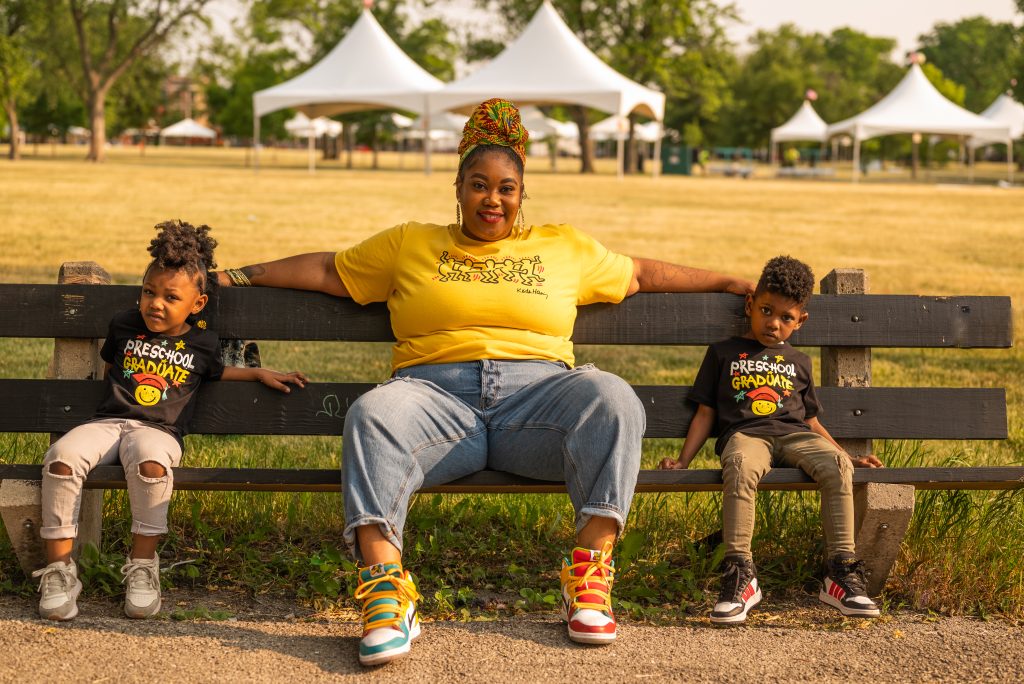
“Family means chosen, and the biggest thing is safety. Part of why my chosen family has been chosen is that I can be my most authentic self.”
CeeJaye
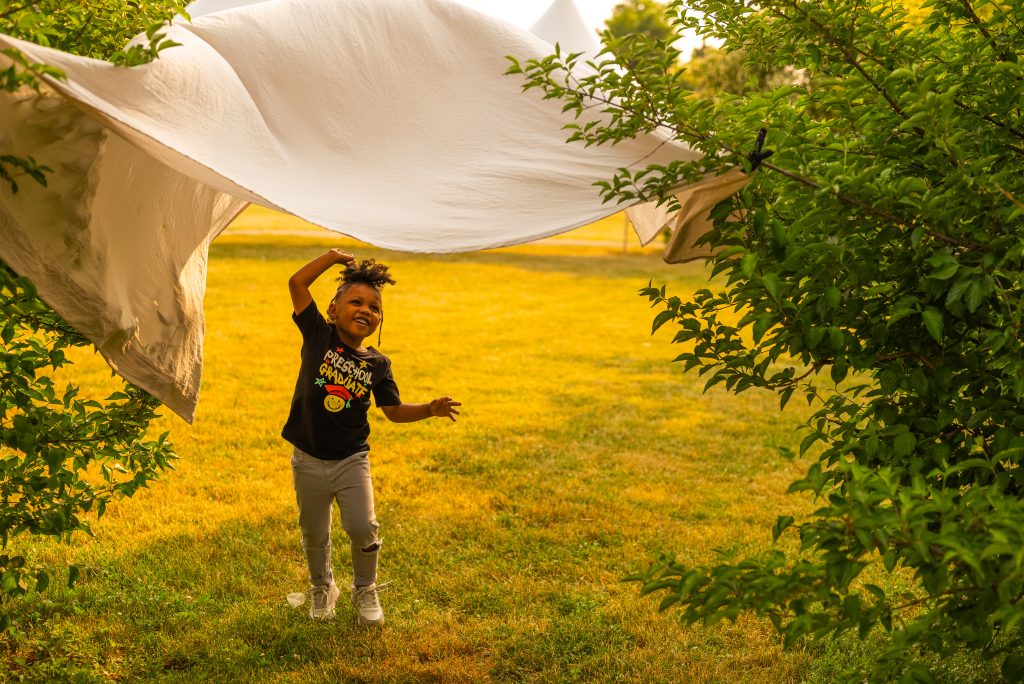
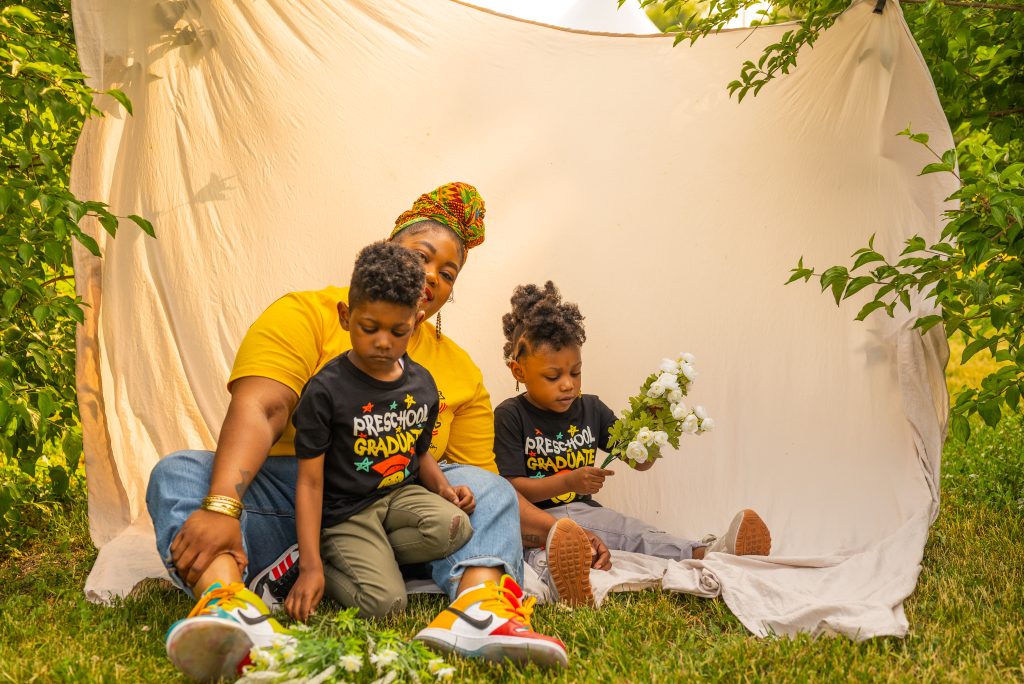
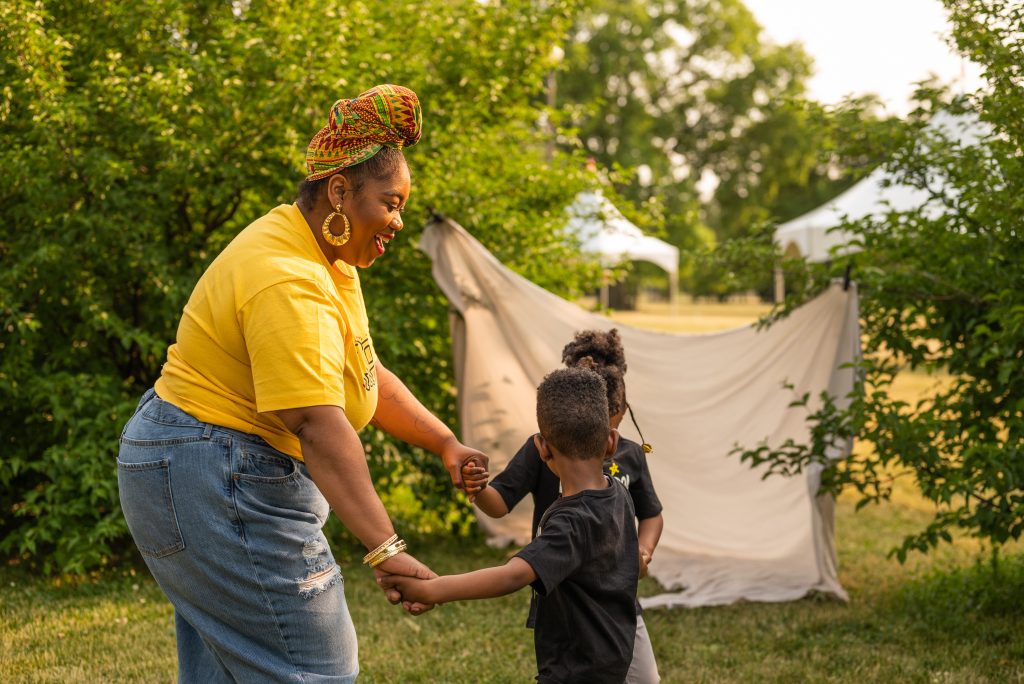
“Queer love is the softest type of love. I try to put more softness and tenderness into my queer relationships, whether it be friendships or otherwise, because it is always assumed we lead with the lusty component of everything in life.”
CeeJaye
Josey (she/her) and Johnny (he/him)
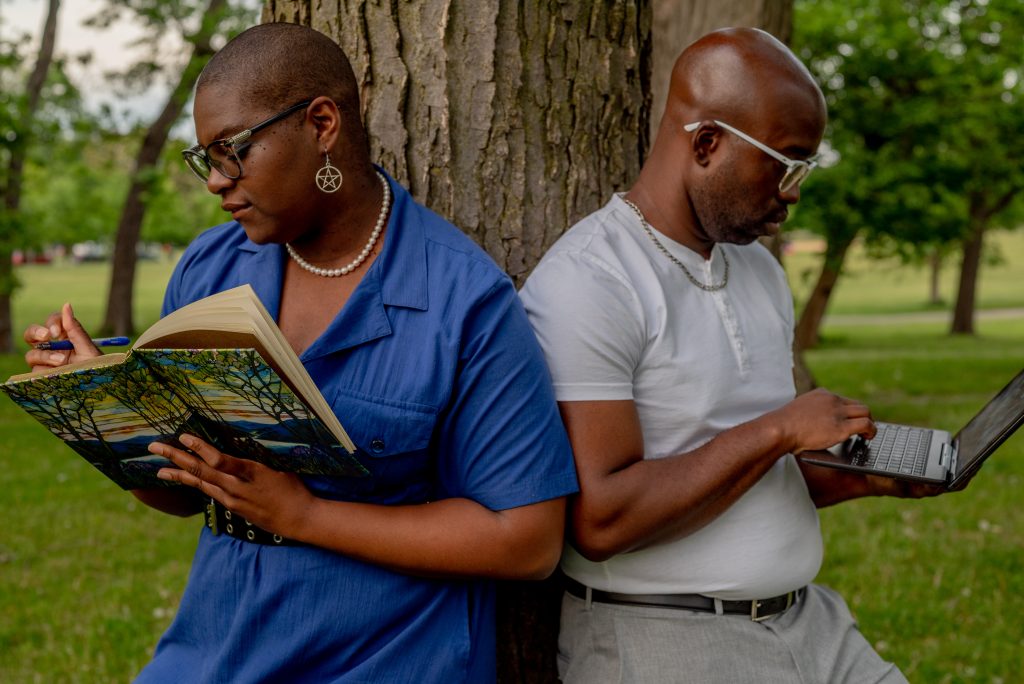
“We met almost 13 years ago, CTA. I was coming home from work and I saw her on the train platform, right? And, I thought, who’s this pretty girl? I should say something to her. What am I going to say? Then she taps me on the shoulder and I’m like, ‘Oh, what’s going on? and she asks, ‘Do you play guitar?’”
Johnny
“Well, we needed a guitar player.” – Josey
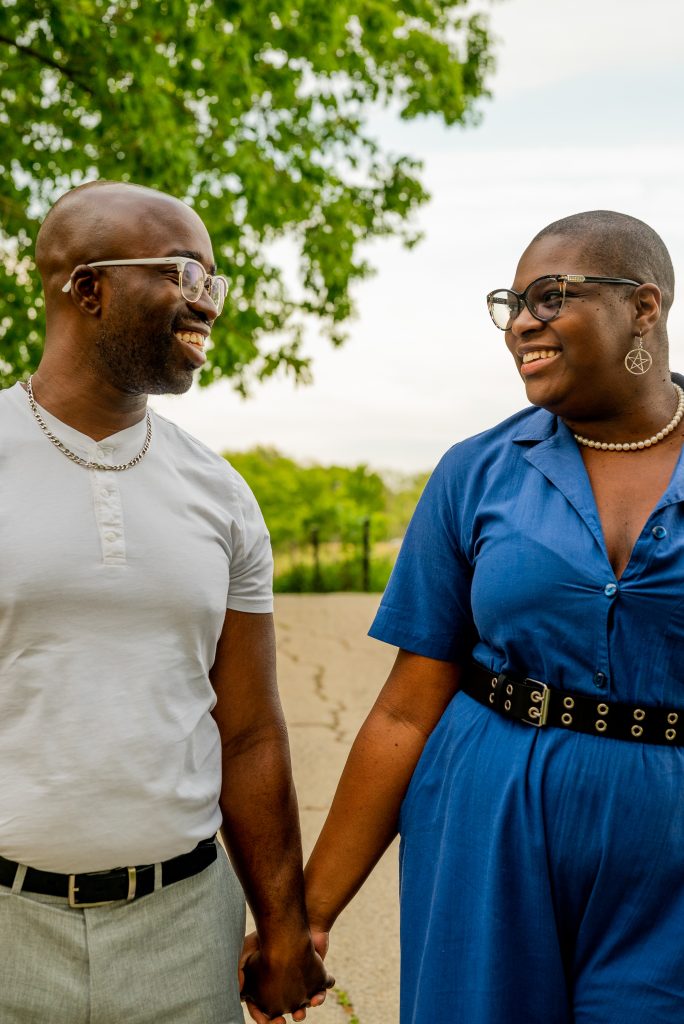
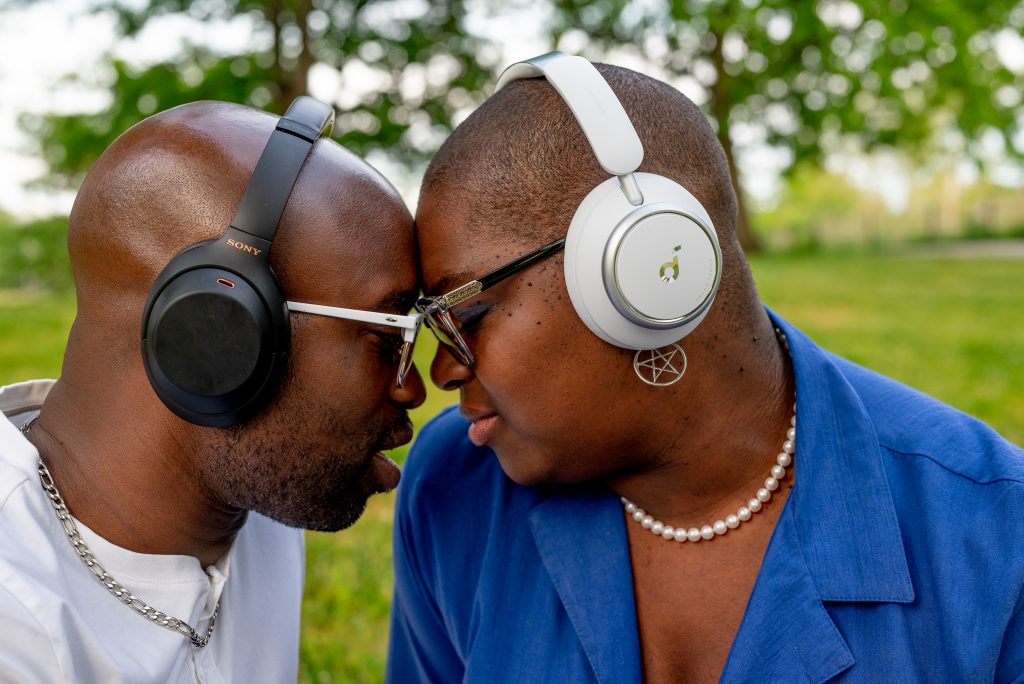
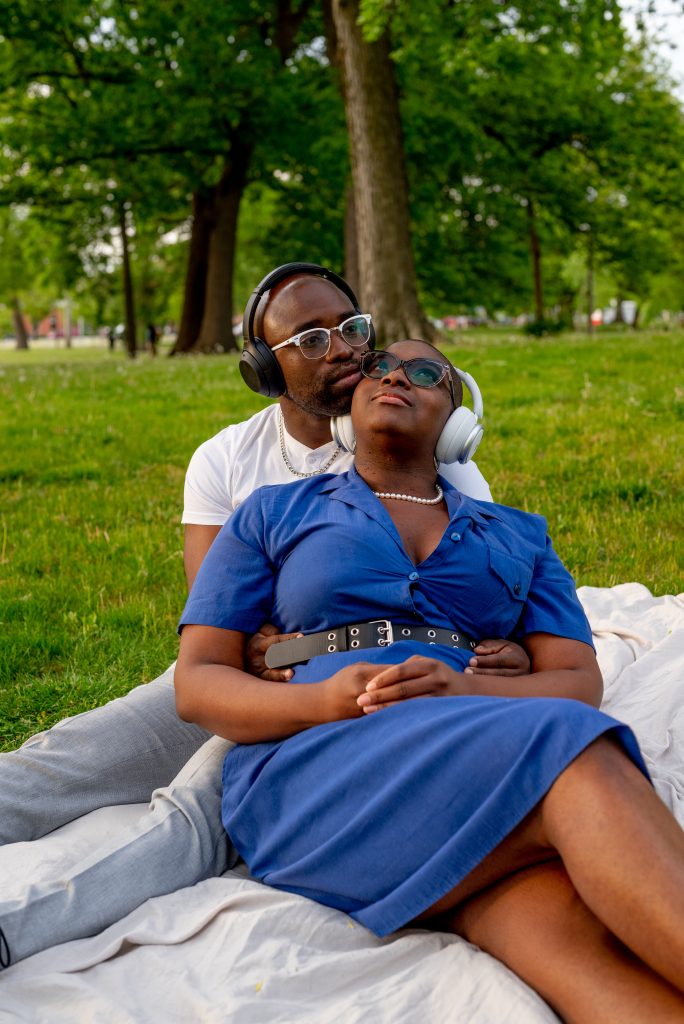
“I appreciate your intelligence, your ambition, and your emotional maturity.” – Josey
“I appreciate your patience, first and foremost. I appreciate your empathy. You are the most caring person I have ever met. You definitely showed me something I didn’t think existed.” – Johnny
Taryn (they/them), Vivi (she/they), and Suyan (she/they)
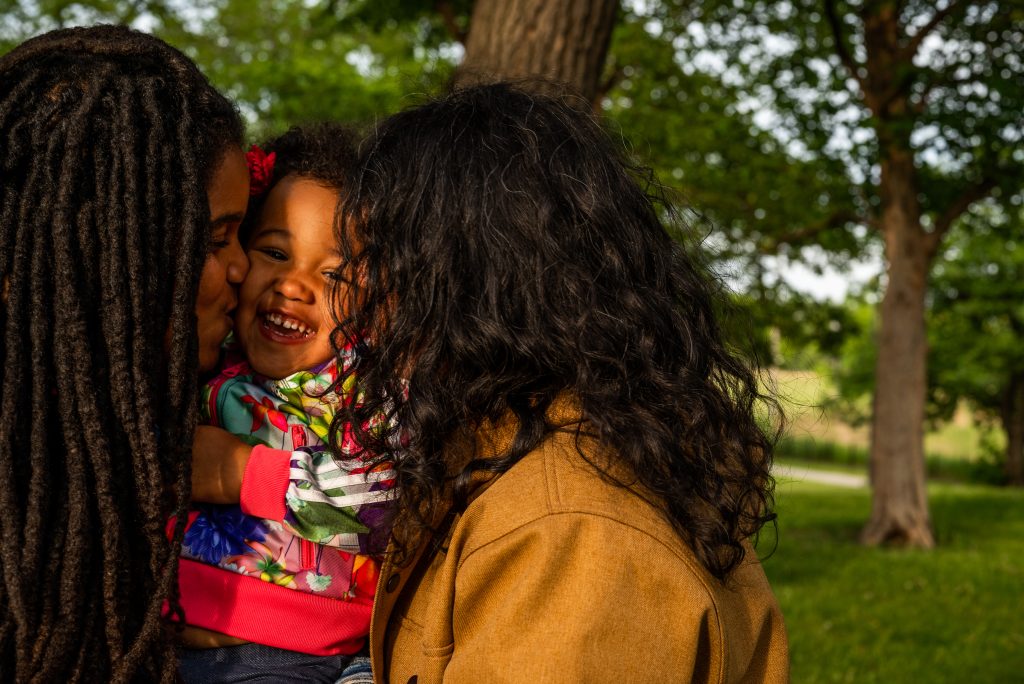
“We used to go on full moon bike rides. We were friends first and in the community first. Then when I was moving back from California, and we reconnected at a conference. It was a wrap from there. Bikes are what introduced us.”
Taryn
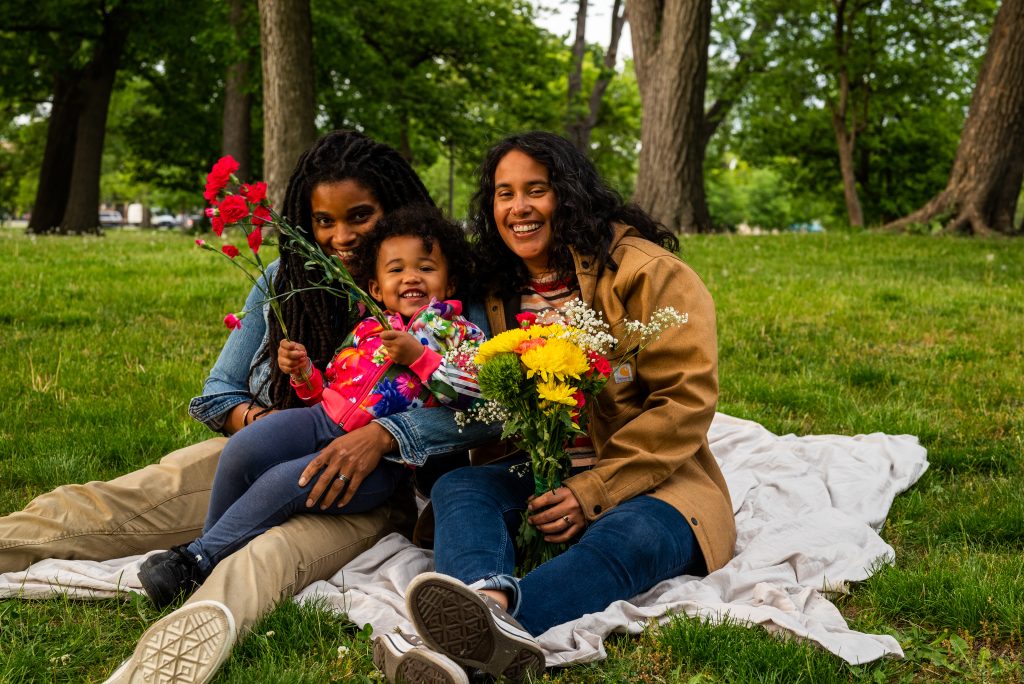
“Safety, family means safety, and the possibility of working through any obstacle because you have safe, loving, and nurturing people around you.”
Vivi
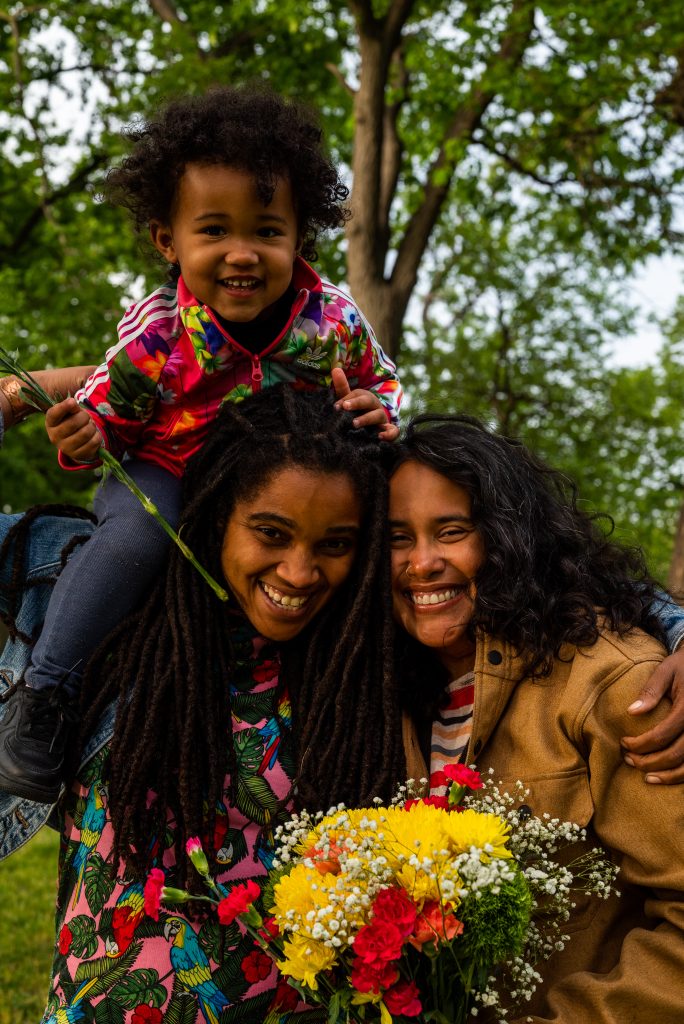
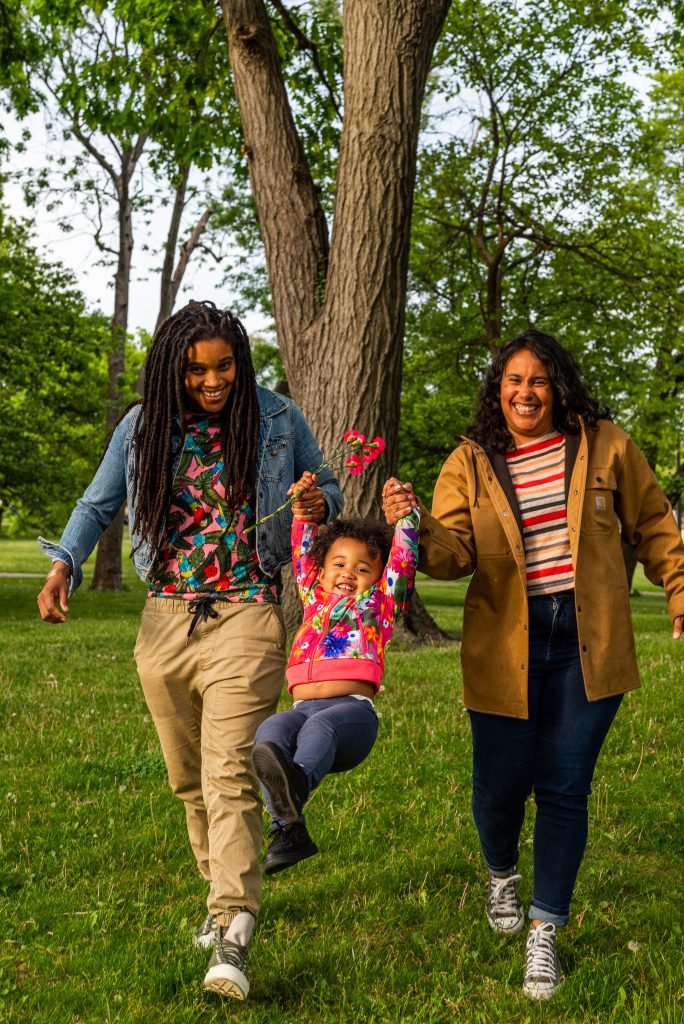
“The ability to be your full self.”
Taryn
Janet (she/her), David (he/him), Sophia (she/her), and Jesse (he/him)
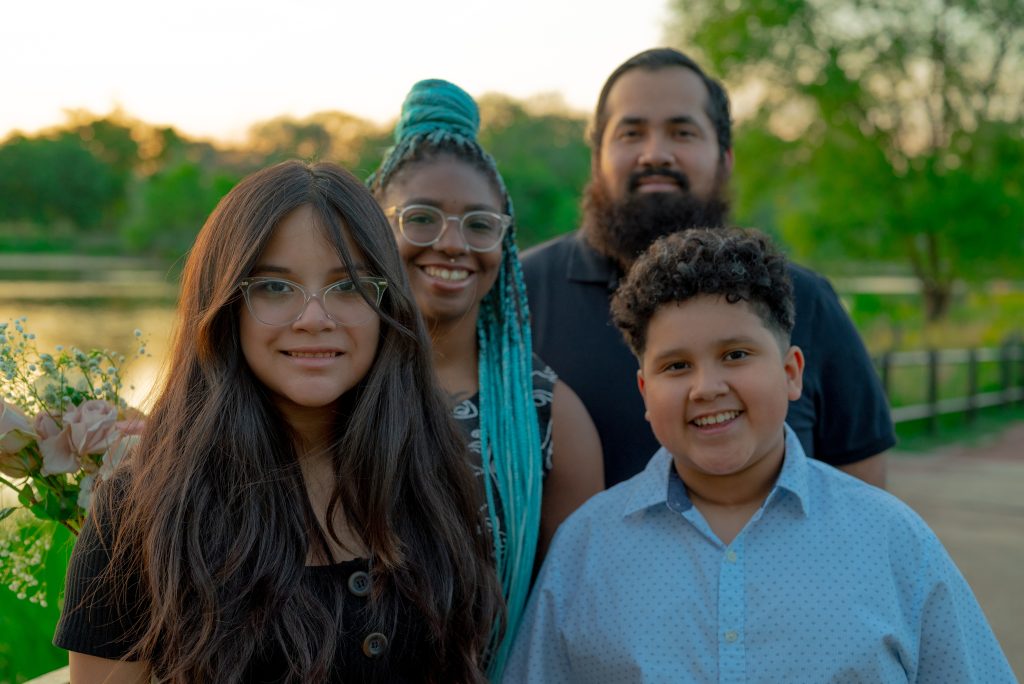
“Family is about the people you feel safe with. Safety is the top reason I would call anyone family. Family is about spending time at the park. Or making memories. They are everything to me.”
Janet
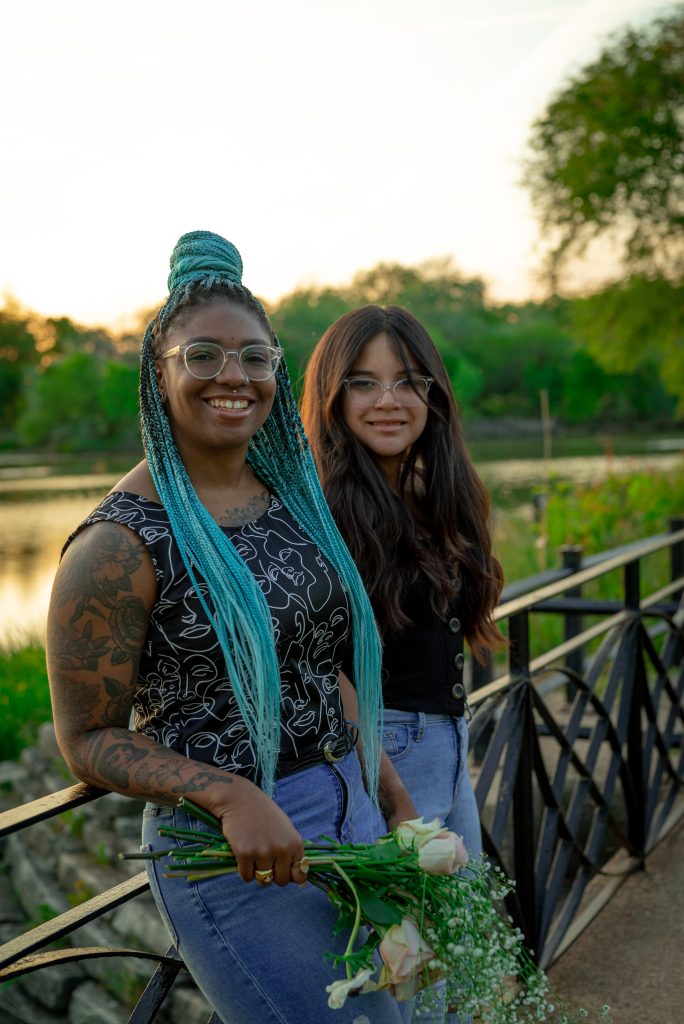
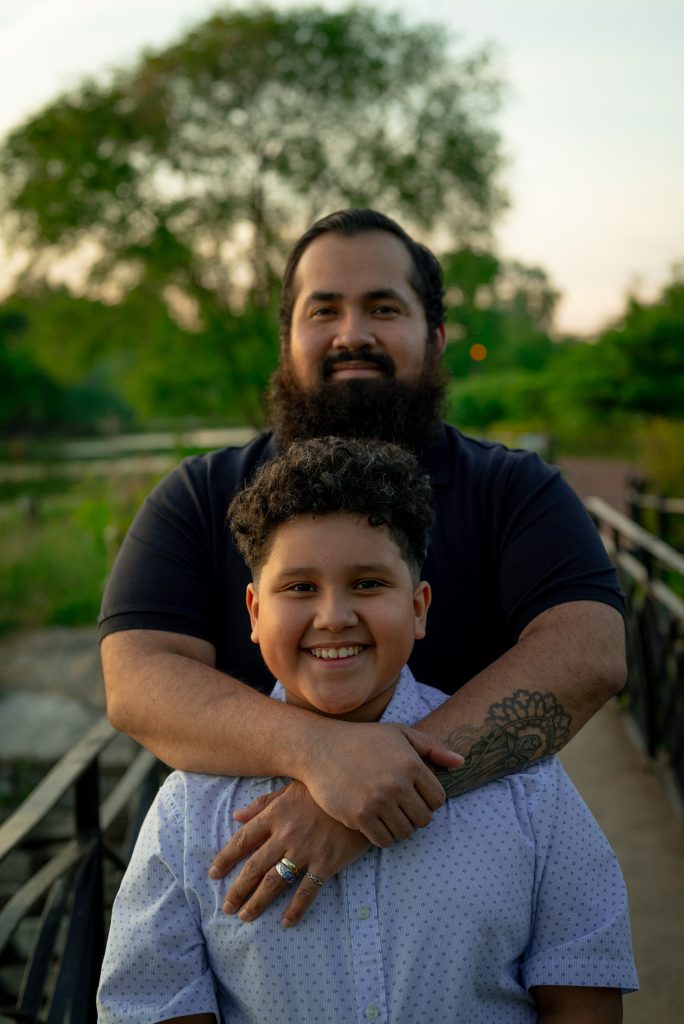
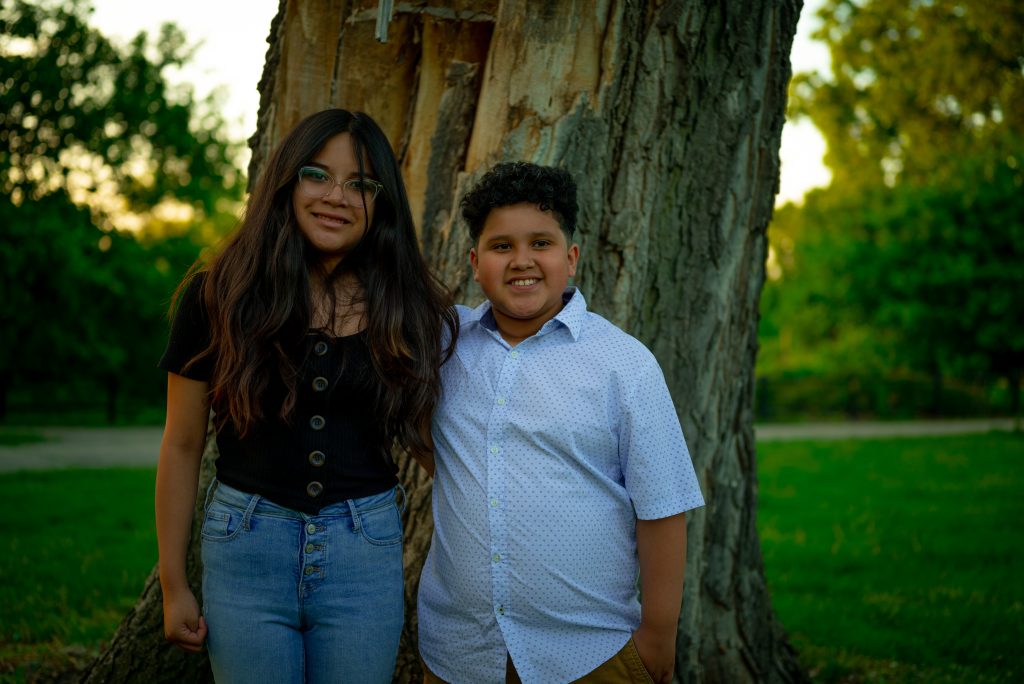
“I always felt safe. There wasn’t anything I couldn’t question or bring up without backlash. There are no secrets. I can express my feelings openly. She makes me smile—every little thing. I always think about her. I knew I was going to marry her.”
David
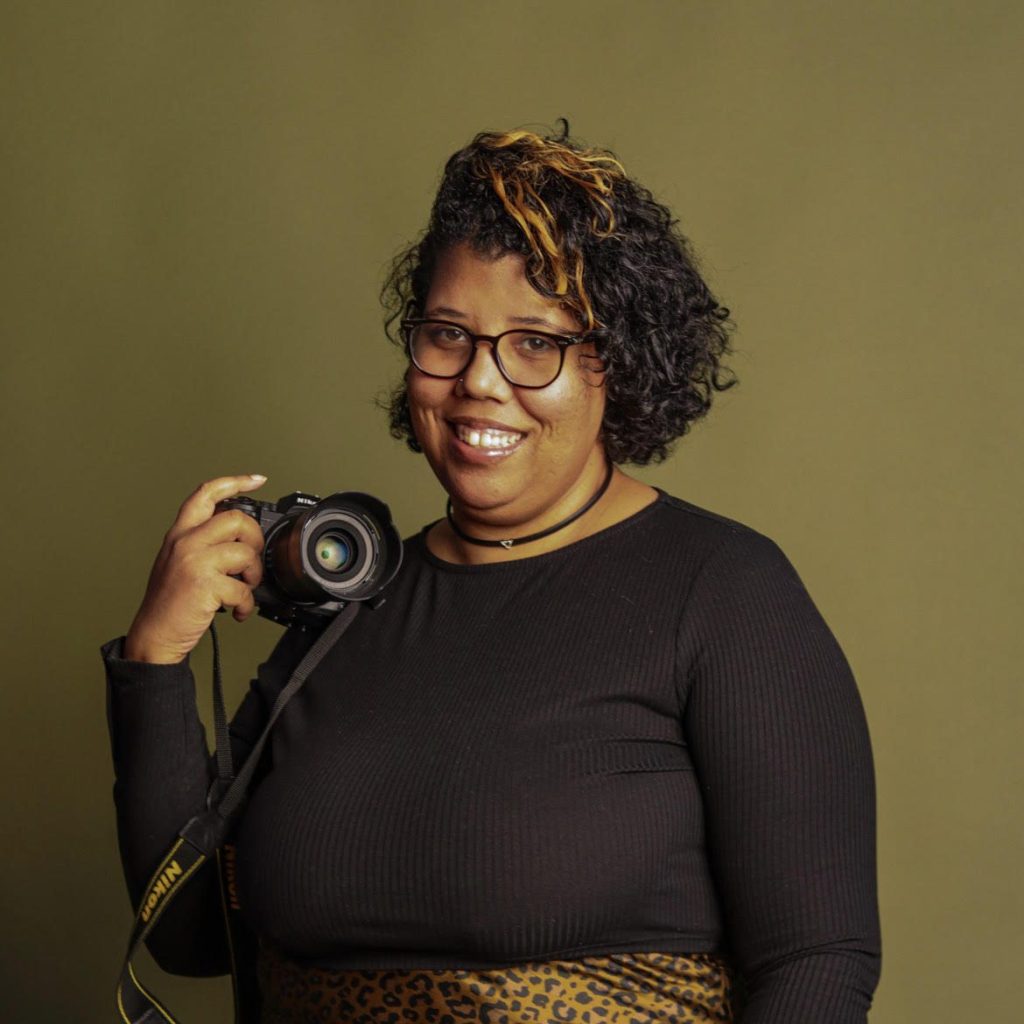
About the Photographer and Writer: Tonal Simmons, they/them, is a Black queer non-binary artist who is a writer, photographer and painter. Their photography and painting seeks to examine the similarities between flowers, growth, and Black queerness. While their writing explores the idea of DEI within art, creating w/chronic conditions, & lack of access to art for Black and brown creatives. You can check out their personal work at www.tonalscorner.com
